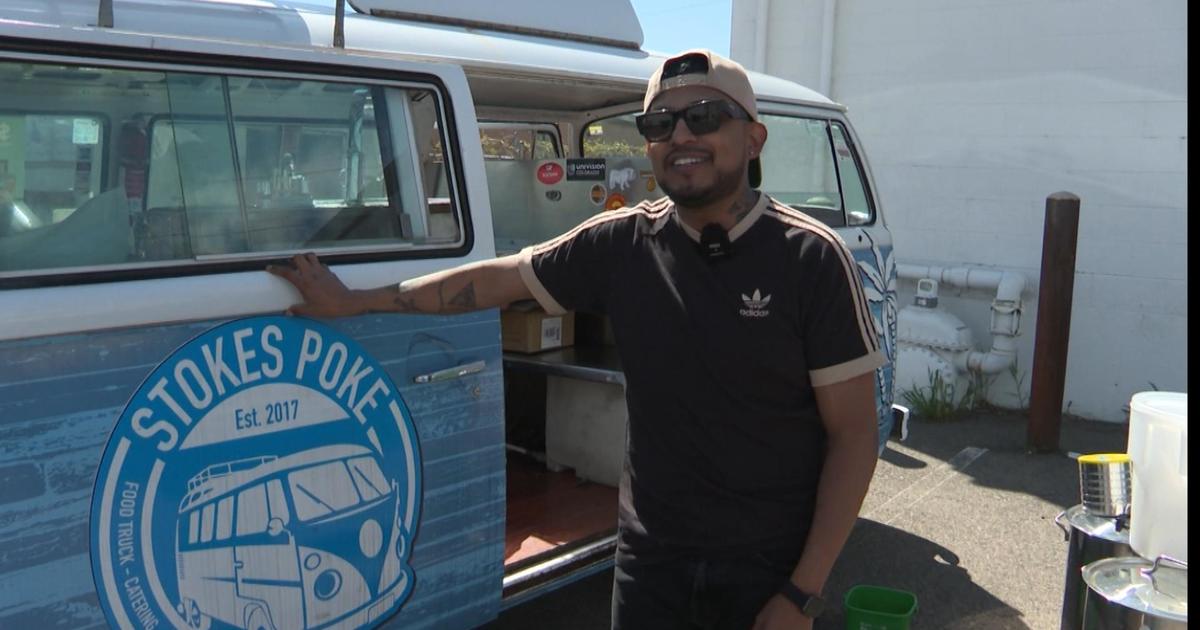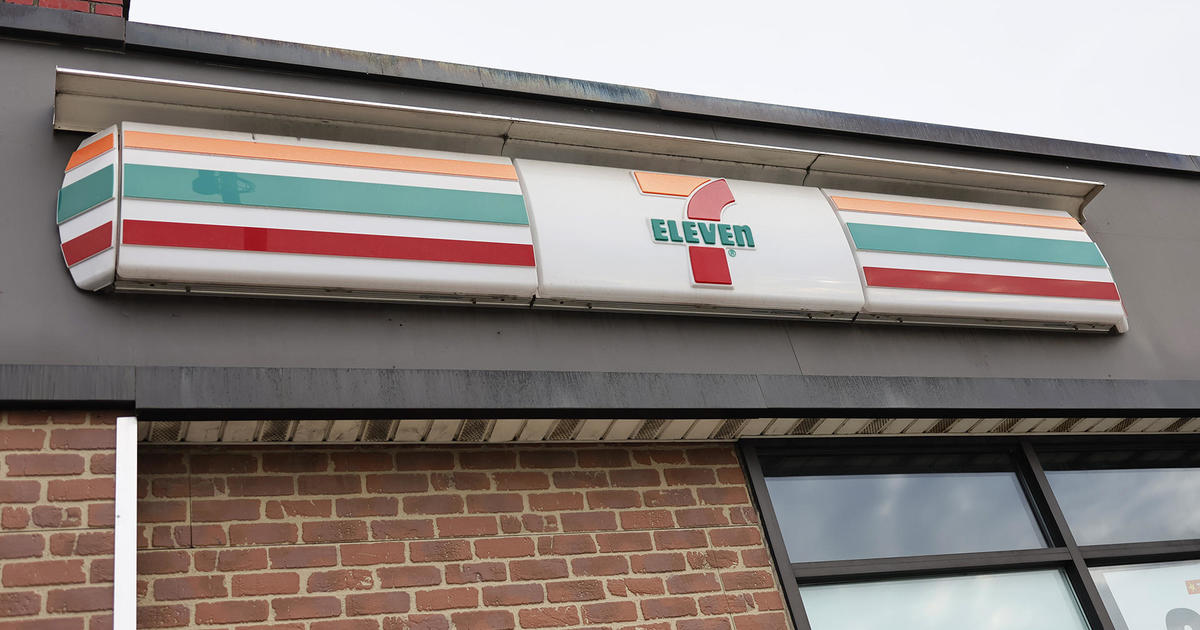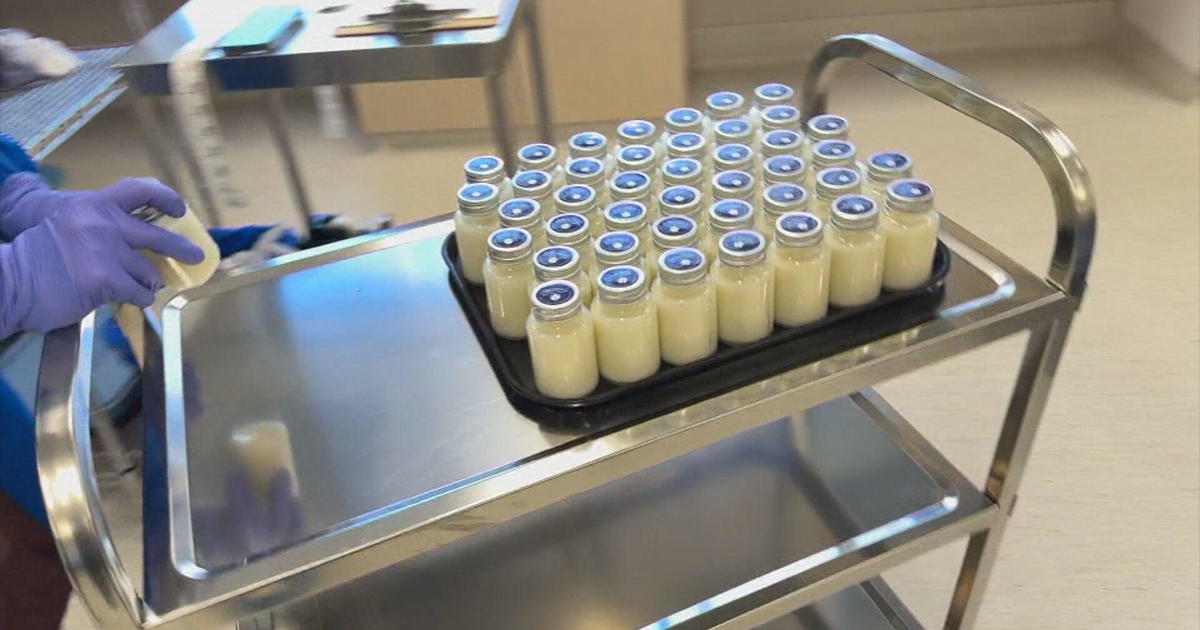Colorado To Decide On Adopting A Presidential Primary
DENVER (AP) - For many, this year's major party caucuses in Colorado were messy and confusing: Democrats struggled to accommodate every voter, and Republicans didn't choose presidential delegates because the national party insisted the vote be binding. Independent voters were left out in the cold.
But party loyalists swear by the grassroots give-and-take of these straw polls that determine how many delegates the presidential candidates will get at their national conventions. Only Democrats and Republicans who put in the effort to caucus and attend subsequent assembles should have a say in selecting their party candidates for federal, state and local office, they say.
That's why many oppose Propositions 107 and 108 , which would create a winner-take-all Colorado presidential primary in 2020 and allow independents to vote in that as well as down-ballot primaries held in June during election years.
Lawmakers failed this past session to bring back presidential primaries, which would cost the state about $5 million. Colorado held presidential primaries from 1992 to 2000, then dropped them to save money.
"My question is, how do you justify spending millions on this when we have so many other needs in this state?" said Steve House, chairman of the Colorado GOP, who vows to challenge either initiative if passed.
House notes that independent voters, who are Colorado's largest and fastest-growing voting bloc at 36 percent, already can affiliate, even temporarily, if they want to vote in one party's caucuses, assemblies or primaries. The ballot measures would allow independents to vote in the Democratic or Republican primary, but not both.
The propositions were inspired by voter frustration with the March 1 caucuses and a desire by many, including Gov. John Hickenlooper and Sen. Michael Bennet, to increase Colorado's influence in presidential races by creating a primary that would be held no later than March.
Since the state pays for primaries, independents should be able to vote in them without being forced to affiliate, supporters say. Opening up primaries also would encourage candidates to appeal to centrist Colorado voters, chipping away at the polarization that infects today's politics, supporters say.
"There's so much partisanship at the top of the ticket this year that people are saying, 'Look, here's an opportunity to reduce that,'" said Curtis Hubbard, a spokesman for the Let Colorado Vote campaign, which has raised more than $3.7 million for 107 and 108.
Proposition 108 does allow either party to abandon its state primary with a three-quarters vote of the parties' central committees. House objects to any threshold at which parties could make such a move.
"They can't tell me how my state central committee should vote," he said.
Hubbard said the opt-out clause was written to accommodate the parties' First Amendment right to association.
"We respect that right," he said. "But we believe that if you use taxpayer dollars to hold primaries, then all voters who pay taxes should be able to participate."
- By JAMES ANDERSON, AP Writer
(© Copyright 2016 The Associated Press. All Rights Reserved. This material may not be published, broadcast, rewritten or redistributed.)



